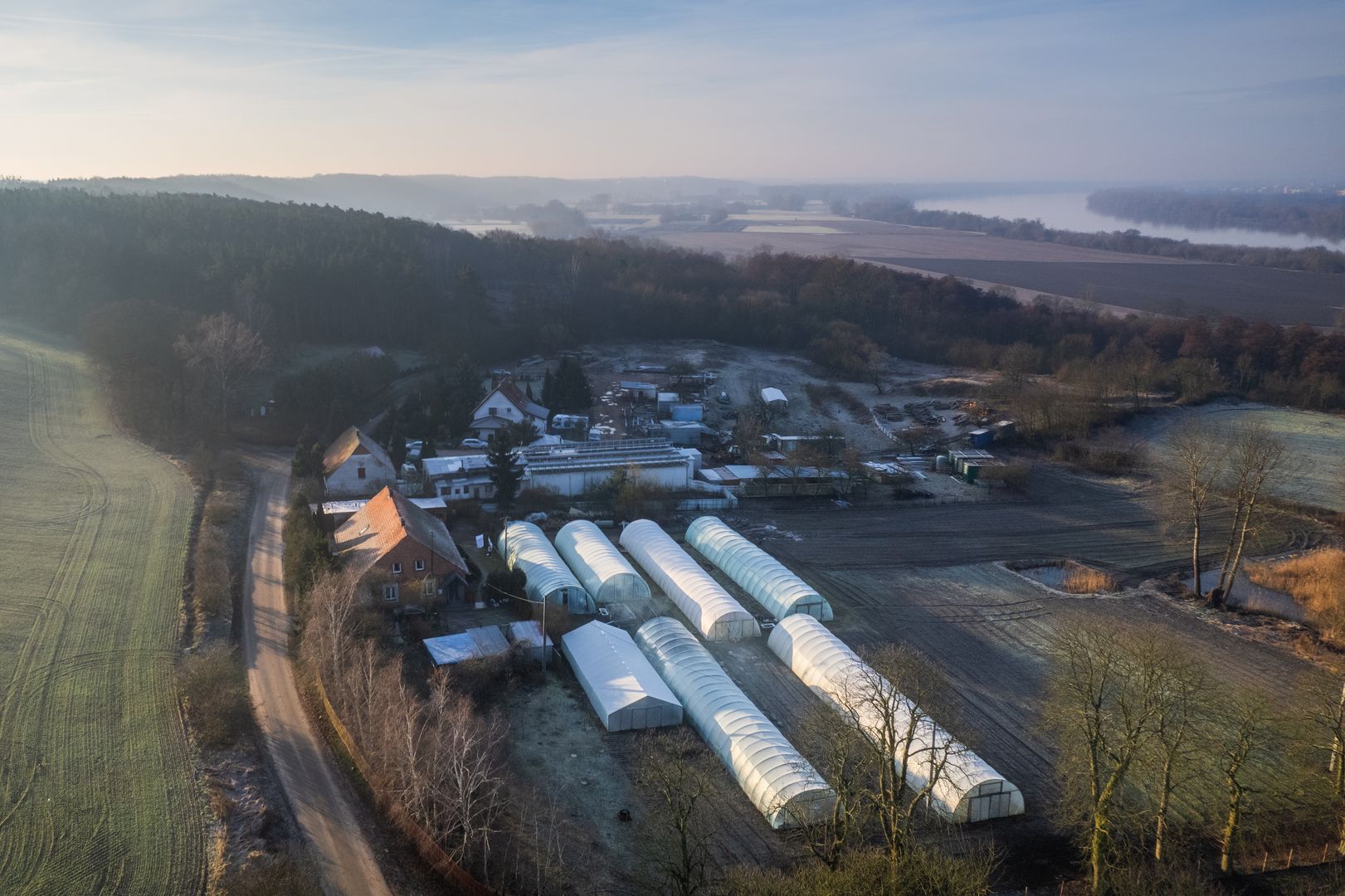Stump
6.3

Overview
Pień is a village located in the Kuyavian-Pomeranian Voivodeship, within the administrative district of Dąbrowa Chełmińska, on the historic Chełmno Land. The area is topographically diverse, stretching along the edge of the Vistula Valley and bordering forest complexes and riverside meadows. Pień boasts a rich history dating back to the 7th century, when a Slavic settlement existed here. The village was first mentioned on August 5, 1222, in a deed of grant by Duke Konrad I of Masovia to Christian, the first Christian bishop of Prussia. During the Middle Ages, Pień served as the seat of a procuratory, and between 1411 and 1422, a small Teutonic castle stood here. Over the centuries, the village belonged to various owners, including the noble Elżanowski family and the Benedictine convent in Chełmno. Archaeological research has revealed the presence of a Lusatian culture stronghold, various finds from Roman times, and later burial sites, including discoveries associated with so-called vampire burials. Architectural monuments in Pień include a manor house from the turn of the 19th and 20th centuries and the remains of the procurator's castle. The village offers interesting natural and recreational values, with nearby nature reserves and tourist trails such as the Vistula Bicycle Route. It is also worth mentioning the lost settlement of Kindorf, which once existed near Pień, and historical events related to the disputes between Piast dukes and the Teutonic Order. After World War II, the land was parceled out, and the remaining areas are now used by local farmers. Pień is a place with a rich cultural and historical heritage that continues to fascinate researchers and visitors alike.
Location
2026 Wizytor | All Rights Reserved